They were in Canada Ayaba Cho. John Mbah Akuroh. Dabney Yerima. Ebenezer Akwanga. Capo Daniel. Marianta Babila, to bring “normalcy” back to Southern Cameroons. Normalcy — under occupation.
By an Embedded Envoy in Quebec
I remember the smell of the carpet in that Quebec hotel. Thick, perfumed air masking the weight of the conversations that would unfold behind closed doors. I was there — not as a guest of honour, but as a pair of eyes and ears embedded in the shadows, watching our supposed “representatives” walk into history’s trap.
They arrived in ones and twos, suitcases wheeled across polished floors. Ayaba Cho. John Mbah Akuroh. Dabney Yerima. Ebenezer Akwanga. Capo Daniel. Marianta Babila. A few others whose names history might forgive only because they were small enough to forget. Their travel, lodging, and meals — paid for by La République du Cameroun, the same regime whose soldiers had burned our villages and shot our children.
At the head of the table, the Canadians were all polite smiles. Mélanie Joly, Canada’s Foreign Minister, presided over the proceedings with the air of someone who believed peace was simply a matter of signatures and champagne. Across from our side sat the men from Yaoundé — Elvis Ngolle Ngolle and a sharp-eyed official from the Cameroonian embassy in Ottawa.
I watched it happen. One by one, the pillars of our cause were chipped away, not by bullets, but by concessions:
Abandon the fight for independence. No referendum. No restoration. Just surrender.
Erase the root causes. No mention of 1961. No treaty of union. No history.
Amnesty for the exiles. Safe passage home for leaders — if they renounced the struggle.
Recruit ex-combatants into the Cameroonian army. Our defenders turned into their enforcers.
Release political prisoners — framed as mercy, but only if the cause died with them.
Disarm the bush fighters. Send them to Ghana or Nigeria with a one-way ticket.
Stop the diaspora’s donations. Starve the revolution’s finances.
Bring “normalcy” back to Southern Cameroons. Normalcy — under occupation.
Yaoundé’s “gifts” in return were a cruel joke:
Move some soldiers into barracks while building more military bases, and promise a deep seaport in Victoria and an airport in Tiko. I could see the smirk in Ngolle Ngolle’s eyes — these were not concessions; they were trophies.
The plan was to parade this “peace” deal in Yaoundé with pomp and fanfare, declaring the crisis in the NW/SW resolved. But Canada beat them to the announcement, and in the embarrassment that followed, Cameroon denied the talks had ever happened.
From my small corner of that room, I knew this was more than a failed negotiation. It was an autopsy — the dissection of a revolution by the very hands sworn to protect it.
The Economic Ghost of Quebec
Today, the betrayal’s ghost still haunts both sides. For Ambazonia, it was a close brush with extinction — a reminder that sellouts can do in a weekend what the enemy’s army couldn’t in years. For Cameroon, it was the moment they lost their last chance at an affordable peace.
The war bleeds their treasury dry.
The Victoria port and Tiko airport remain drawings on paper.
Banana, cocoa, and timber exports have shrivelled.
Debt piles up, borrowed from Paris and Beijing to feed an endless military machine.
In that Quebec room, they thought they were negotiating an end. In truth, they were scripting the slow, grinding collapse of an economy too arrogant to make peace, and too weak to win war.
I walked out of that hotel into the biting Quebec cold, my hands deep in my coat pockets, carrying a secret I knew would one day come to light. That day is now. And so is the reckoning.
Embedded Envoy in Quebec













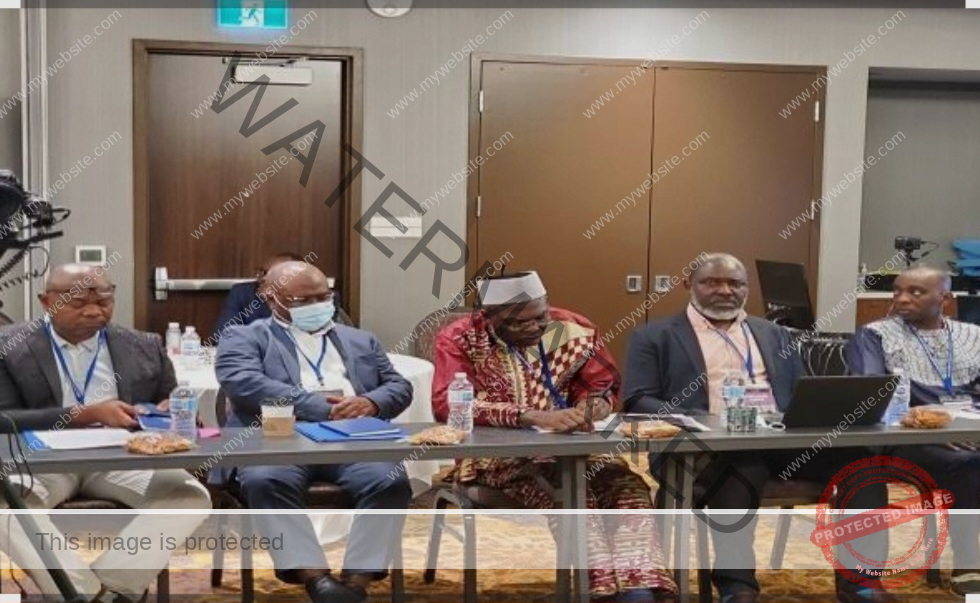
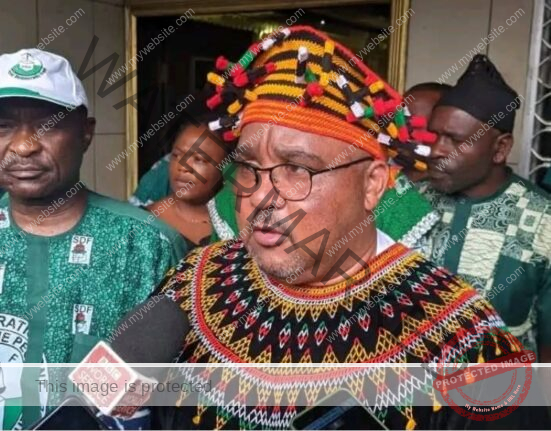
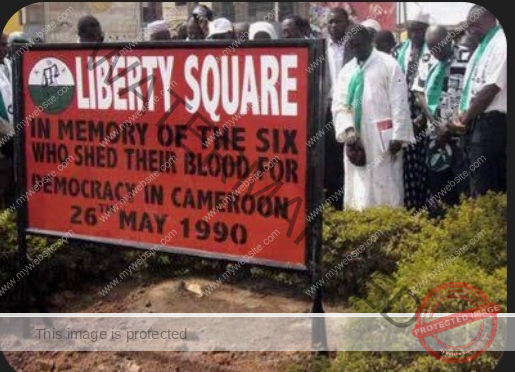


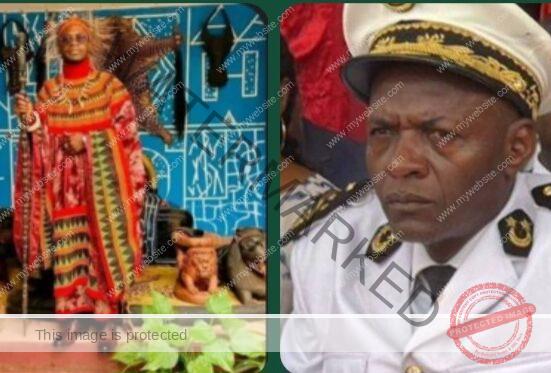
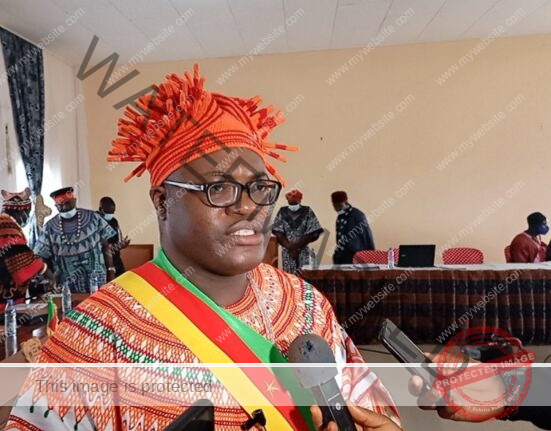

Leave feedback about this